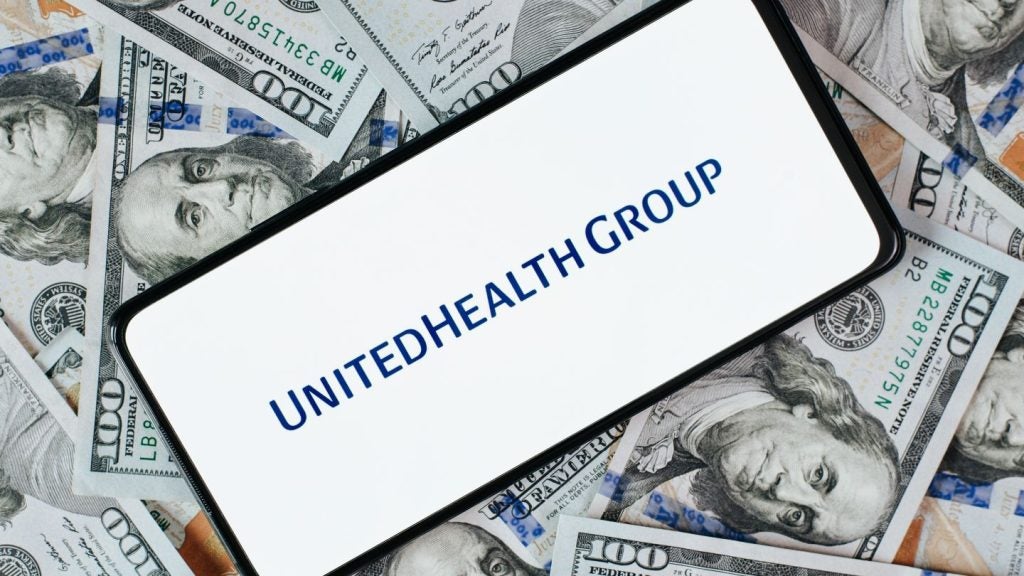As the hotly debated subject of health care insurance reform
rages on in the US, employers are already contemplating what the
end result will be. Of concern is that conclusions being reached
are far from positive, reveals a survey of employers undertaken by
consultancy Watson Wyatt in mid-September.
“Escalating health costs have been top of mind for employers for
years now, but the reform debate has pushed this issue to a
critical point,” said Ted Nussbaum, North America director of group
and health care consulting at Watson Wyatt.

Access deeper industry intelligence
Experience unmatched clarity with a single platform that combines unique data, AI, and human expertise.
“While the national debate centres on options for expanding
coverage and ways to generate revenue to fund reform, employers are
concerned that health care costs will rise even higher as a result
of the new legislation.”
In its poll Watson Wyatt found that 73 percent of employers believe
health care insurance costs will increase if health care reform
legislation is enacted. Even more – 86 percent – think the health
care proposals being considered would weaken the role
employer-sponsored plans play in providing health care
coverage.
“Both Congress and the White House have said repeatedly that health
care reform should build on the employer-sponsored system,” said
Nussbaum. “However, most employers are apprehensive that the
outcome will be quite different.”
The poll also found little employer support for proposals that
would tax benefits or mandate employer coverage: Fewer than 3 in 10
(29 percent) would support a tax on high-income employees with
high-cost plans, while fewer than one in five (19 percent) would
support a tax on insurers of high-cost plans. An even smaller
percentage – 11 percent – would support taxing employer
contributions to health care as income.

US Tariffs are shifting - will you react or anticipate?
Don’t let policy changes catch you off guard. Stay proactive with real-time data and expert analysis.
By GlobalDataOn expanding access to health care insurance, the poll found that
only 10 percent of respondents would support an employer mandate,
while half would support an individual mandate. Ten percent would
support both, and 30 percent would not support either.







